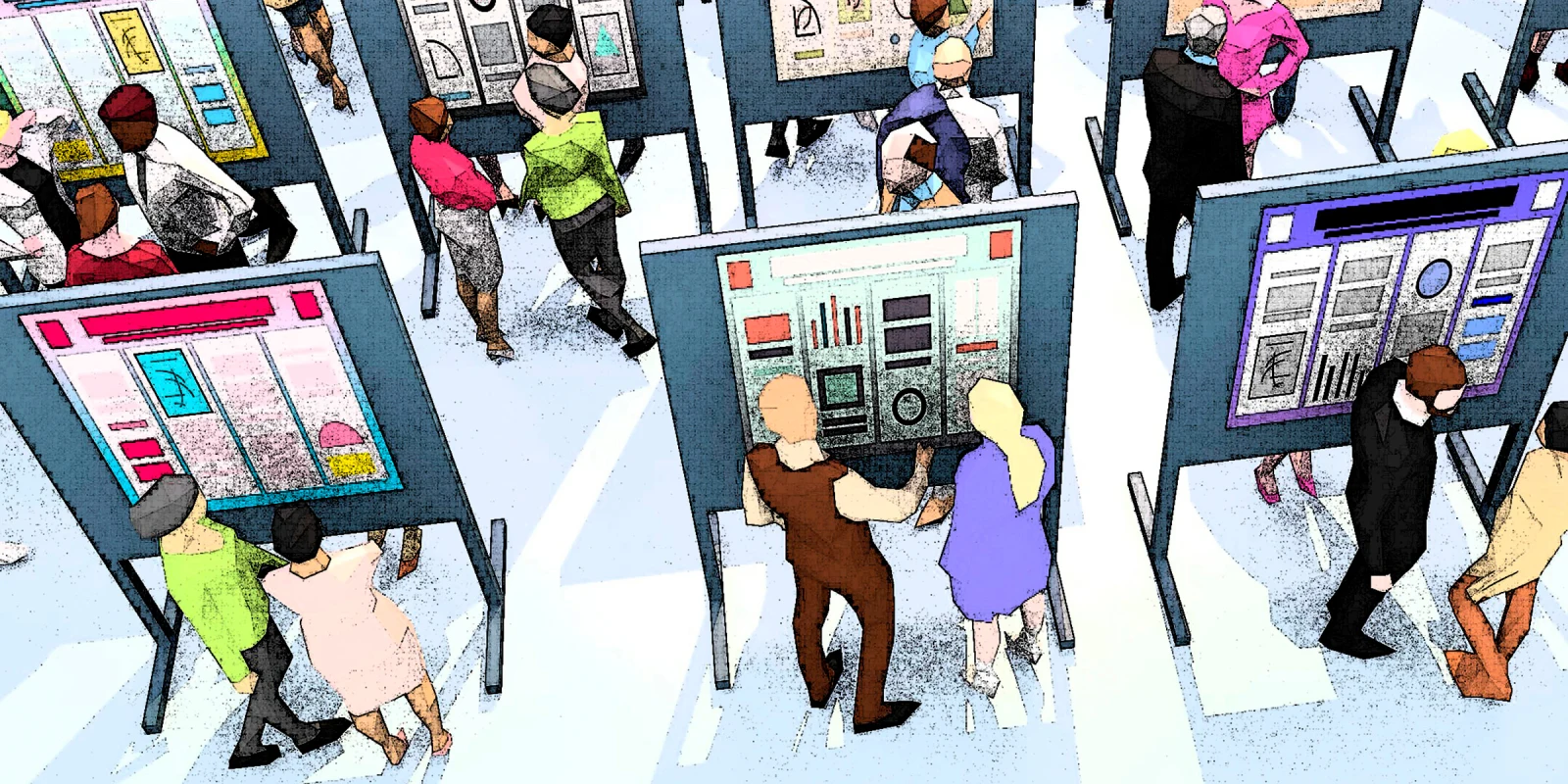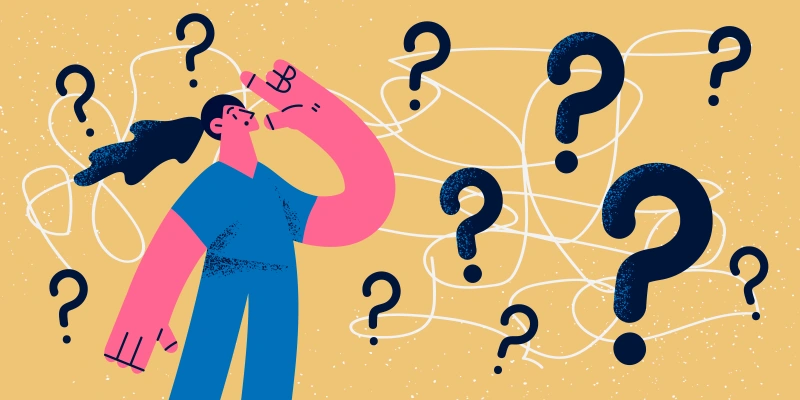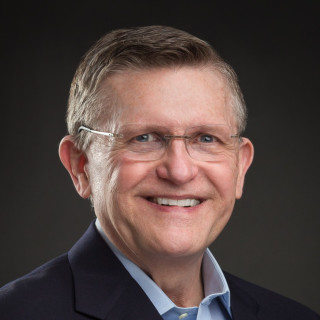In May 2023, I had the privilege of attending the American Psychiatric Association (APA) Conference in San Francisco, California, for five days. As a first-time conference attendee, the sheer scale of the event, with over 600 educational sessions, 1,000 posters, and hundreds of topics, was initially overwhelming. Amidst the vastness of the conference, I found it to be an immensely rewarding journey offering an ideal opportunity for learning, networking, and fostering my professional growth. For medical students preparing to attend their own conferences, I would like to share some valuable ways to make the most of these enriching opportunities.
- Networking: Attending a medical conference presents a golden opportunity to establish meaningful connections with physicians, researchers, and peers. Building a strong network early on can pave the way for future mentorship opportunities and even potential job offers. To maximize the networking potential, students can proactively identify potential mentors they are interested in connecting with and reach out to them beforehand. Setting up coffee chats during the conference and actively participating in networking events can significantly enhance their networking experience. My personal experience connecting with a mentor in psychiatry and interacting with other Korean-American psychiatrists allowed me to explore how to integrate my cultural heritage in the field of psychiatry. Engaging with professionals who share a similar background can be empowering and can inspire medical students to embrace their identity while making meaningful contributions to the field of medicine.
- Presenting research: Medical conferences offer a great platform for medical students to showcase their research projects and present their findings to a broader audience. Students can start by researching and identifying medical conferences that align with their specific research interest and field of study. Most conferences will require students to submit their abstracts of their projects. Make sure to carefully follow the conference guidelines for abstract submission (i.e., word limits, formatting). Abstract submission often involves a peer review process by experts to determine whether to accept the research, which can take time. During the process, investigate funding opportunities available for medical students presenting at conferences. Check if your medical school has any reimbursements for conferences. Many other national institutions and medical organizations also offer grants, scholarships, or travel stipends to support students’ conference attendance.
- Learning about emerging technologies: Medical conferences often showcase exhibits and demonstrations of the latest medical technologies and innovations. For medical students, this exposure to cutting-edge medical devices and technology can open new avenues for patient care and provide fresh perspectives. My advice is to engage with exhibitors, ask questions, and seek demonstrations to deepen your understanding of how these innovations can transform patient care. Keep an open mind to the potential applications of these technologies in your future medical practice. For instance, in my experience at the APA, I met leaders not only in psychiatry but also experts from the fields of business, technology, and medicine, offering a comprehensive view of how psychiatry is progressing through the integration of various mediums, such as virtual reality, machine learning, and digital apps. As medical students, embracing such opportunities to learn cutting-edge advancements can broaden our horizons and motivate us to think creatively about how we can contribute to the ever-evolving landscape of medicine.
These are just a few ways medical students can maximize their potential for personal and professional growth by actively engaging in medical conferences. But above all, medical conferences should also be fun! Depending on the location, you might find yourself in a place you have never visited before. During your free time, take the opportunity to explore the area, indulge in some delicious local food, and treat yourself to dessert. I had a chance to reconnect with one of my college friends who happened to live in the Bay Area and caught up on life’s adventures while overlooking the Golden Gate Bridge. As we savored our matcha ice cream at a charming Japanese café, it was a perfect way to unwind after a day of conference sessions. Embracing the experience fully, both professionally and personally, will make attending medical conferences all the more rewarding.
What advice do you have for medical students attending conferences? Share in the comments.
Seo Yeon “Ester” Choi is a fourth-year medical student at the Lewis Katz School of Medicine at Temple University in Philadelphia, PA. Ester graduated from Northwestern University in Evanston, IL, with a major in psychology and minor in business institutions. Ester is interested in cross-cultural care and plans to treat diverse communities as a future psychiatrist.
Illustration by Jennifer Bogartz






